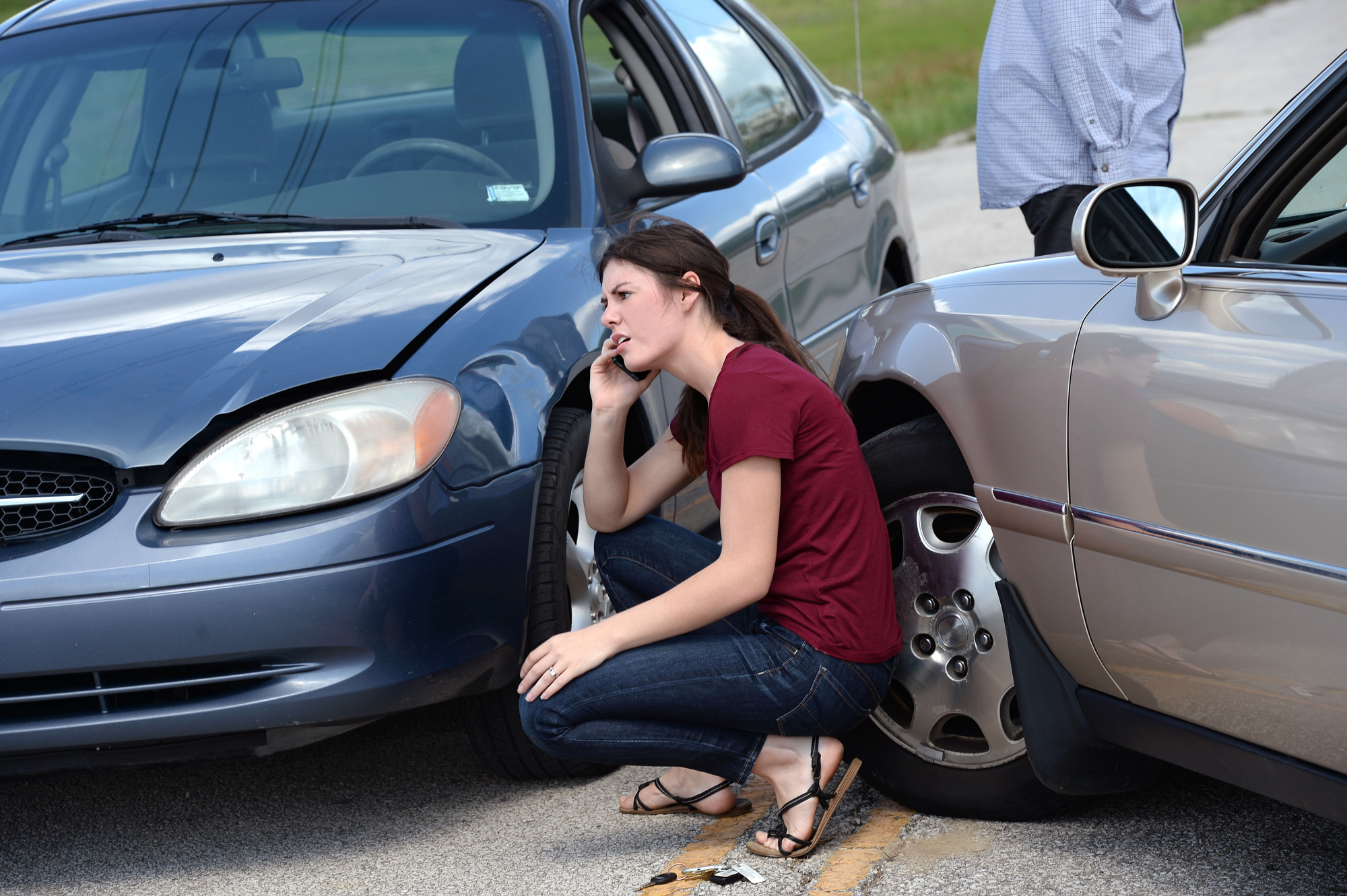Each year, there are nearly six million car accidents in the United States. While many of us hope it never happens to us (or happens to us again), you can’t always avoid accidents. Regardless of how safely you drive or how much situational awareness you have, you can’t control the actions of other drivers.
The question is, what do you do if you’ve been in a car collision? What steps do you take immediately following and afterward to ensure you’re taken care of?
We can help shed some light on the issue. Keep reading for the nine most important actions to take after you’ve been involved in a car accident.
1. Take a Moment to Regain Your Composure
Being in an accident, no matter how minor, can cause a legitimate chemical reaction in our bodies. We go into a flight or fight mode, releasing a ton of adrenaline, which often leads to an intense emotional response. It’s okay, it’s just an aspect of being human.
However, it’s important to take a moment to calm yourself before proceeding with the next steps. Take some deep breaths and count to twenty. Unless you’re in immediate danger or are severely injured, there’s no rush to get out of the car.
2. Check Yourself and Others for Injuries
Before you call 911 or the police, you need to take a quick survey of the accident scene. Even a minor car collision can cause serious injuries. Double-check yourself and then the others involved in the accident for injuries.
This will be important information to relate to emergency response operators. If someone is seriously injured, they need to know about it.
Also, remember to physically and visually check yourself. Because of the adrenaline response, you may not immediately recognize your own injuries by feeling or sensations alone.
3. Ensure Maximum Safety for Everyone at the Scene
Next, you need to assess your environment for immediate threats to the health and safety of everyone involved. In minor accidents, it’s generally accepted that the drivers involved should move their vehicles to the side of the road. However, this may not always be an option, especially if the vehicles are severely damaged.
If the vehicles cannot be moved, it may be necessary to move away from the scene to prevent further injuries. This may be the case if:
- You’re on a busy or high-speed road
- Power poles/powerlines were damaged in the car collision
- The vehicles are on fire or are otherwise unsafe to be around
Regardless of what you might be feeling toward the other driver, it’s important to cooperate with them to ensure everyone’s safety.
4. Call 911
Now, it’s time to call emergency responders. In most states, the law doesn’t require you to call the police for minor accidents. However, it may not be a bad idea to get a full police report for insurance purposes.
You must call 911, however, if there are injuries or fatalities caused in the car collision. They will contact both the medical responders and the police. It will also be necessary to call the police if the other driver doesn’t have insurance or flees the scene of the accident.
5. Exchange Information With the Other Driver(s)
Car collisions present emotionally intense situations, especially if any of the drivers involved were being negligent, reckless, or were intoxicated. However, it’s important to keep the conversation constructive.
Don’t react hysterically or angrily. If the other driver is behaving as such, try to keep calm and avoid rising to their antics. Focus on the task at hand and collect the following information:
- Names and contact information of everyone involved in the accident
- Insurance companies and policy number of all drivers
- Vehicle information (make, model, color, license plate number)
This information will be vital for filing an insurance claim.
6. Gather Evidence
Next, it is beneficial to gather evidence of the scene. This can be important for determining fault, filing insurance claims, and in some cases, filing lawsuits.
If you’re like the majority of Americans, you have a smartphone, or at least one capable of taking pictures. Take car accident photos of the scene, to include:
- Interior and exterior of all vehicles involved
- Injuries
- Damage to property (signs, railings, buildings, etc.)
- The accident scene (skid marks, disturbed grass/shrubbery/trees, etc.)
You should also take a moment to jot down everything you remember about the car collision. As memorable as the moment is now, adrenaline and high emotions have a way of muddying the waters. Write down important details:
- What you saw
- What you heard
- Location
- The direction of travel of all vehicles involved
- People involved
- Your perception of what occurred
- Witness statements
This information may be important for a testimony for insurance or lawsuit purposes.
7. Contact Your Insurance Company
Once the dust has settled, you need to call your insurance company and report the accident, even if it’s your fault. Sure, it may raise your premiums, but at least you won’t have to pay for everything out of pocket.
They’ll also need to know about any injuries, including those of the others involved. However, don’t offer any information unless they ask for it. Also, don’t accept any settlements from your insurance company or the other driver’s insurance company until you know everything is squared away.
8. Visit Your Doctor
Now is the time to seek professional medical assistance. Even if your injuries are minor or seemingly nonexistent. Some of the most common car collision injuries aren’t apparent until hours or days after the accident.
It’s best to get an official exam and/or diagnosis, especially if you want to cover your bases where insurance is concerned.
9. Contact an Attorney
Unfortunately, some car collision situations only get worse as time goes on. Whether you’re battling with insurance companies to get the compensation you deserve, are facing a lawsuit, or want to file your own lawsuit, things can get complicated very quickly.
We recommend contacting a car accident attorney as soon as possible to make sure you’re rights aren’t being infringed upon. Even if the accident was your fault, you deserve to be taken care of.
Have You Been in a Car Collision?
If you’ve been involved in a car collision and are looking for legal counsel, we can help. Contact us today for a free consultation to talk about your case. Whether you’re fighting to get the compensation you deserve or need help defending yourself against a lawsuit, we’re here for you.
Posted in: Car Accidents

